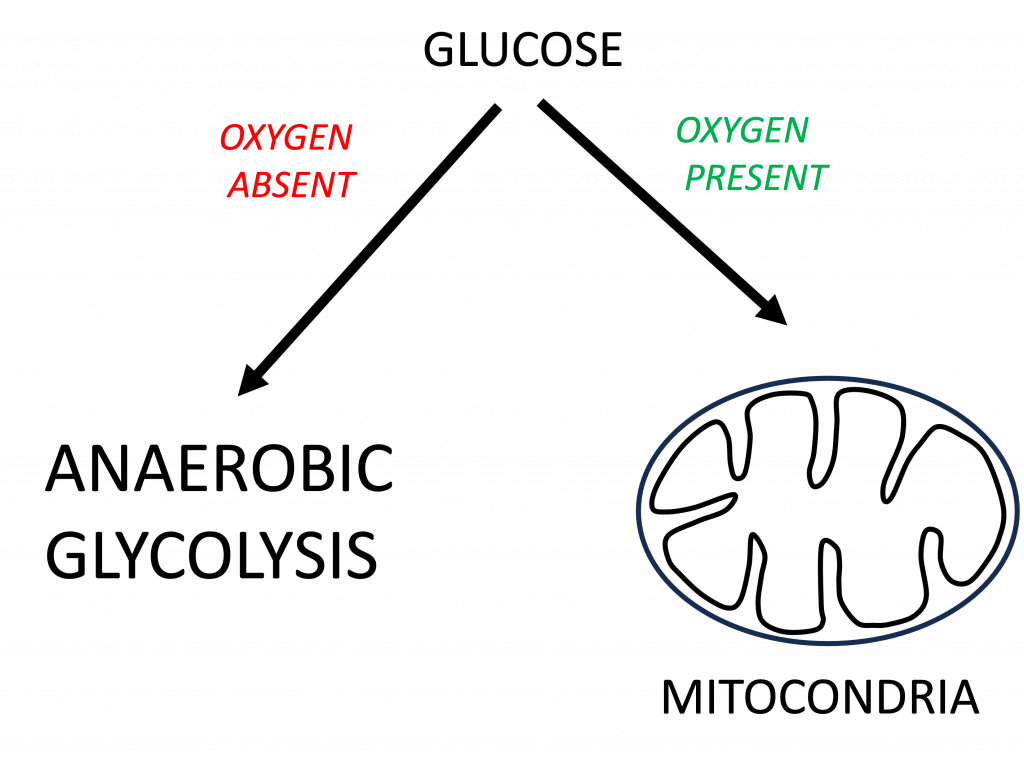Key Points:
- The 4×4 protocol: four minutes of full-effort cardio exercise followed by four minutes of recovery (repeated four to six times).
- The protocol trains VO2 max, a cardiorespiratory measure that strongly predicts how long we will live.
- The supplements Dr. Attia takes associated with lowering cardiovascular disease risk are vitamin D, glycine, fish oil, magnesium, and vitamins B6, B9, and B12.
The 4×4 Protocol
In a clip from his podcast, summarized here, longevity expert Peter Attia, M.D., speaks with Iñigio San-Millãn, Ph.D., an expert in exercise metabolism and performance. In the clip, Dr. Attia says he prescribes patients with the 4×4 protocol for training VO2 max. As summarized by Attia, the protocol is as follows:
- “4 minutes of highest intensity, sustained exercise followed by 4 minutes of recovery
- Repeat this 4-6x
- Add a warm up and cool down on either end and this will be a little over an hour”
This protocol is simple but hard. Exercising at the highest of intensity implies working as hard as possible. Attia points out that “when done right, it hurts the most.” When choosing an exercise for this protocol, pick an endurance exercise like running, swimming, or cycling.
The Science Behind VO2 Max
Our bodies’ oxygen uptake increases with exercise intensity until reaching a maximum — our VO2 max. VO2 max is usually measured in volume of oxygen uptake per minute per kilogram of body weight (ml/min/kg). Highly trained athletes have a VO2 max of around 85 ml/min/kg, whereas the average person has a VO2 max usually around 40 ml/min/kg.

When we breathe in, oxygen flows into our lungs, diffuses into our blood, and is carried to our cells. In our cells, oxygen is utilized by mitochondria to produce cellular energy. However, when exercising with maximum exertion, this mitochondria-dependent process is overwhelmed. In turn, our cells switch to a mitochondria-independent process called anaerobic glycolysis.
During maximal-effort endurance exercise, the type of muscle cells we utilize also changes. Instead of using slow-twitch muscle fibers, we use fast-twitch muscle fibers. This is because slow-twitch muscle fibers depend primarily on mitochondria for energy. In contrast, fast-twitch fibers, which are also activated during resistance training exercise, depend primarily on anaerobic glycolysis.
VO2 Max Predicts Lifespan
VO2 max is a measure of cardiorespiratory fitness and strongly predicts all-cause and disease-specific mortality. After the age of 30, VO2 max progressively decreases by about 10% per decade. However, training VO2 max across a lifetime or in old age could mitigate these age-dependent reductions, potentially extending lifespan. Reflecting this, in a study where men were followed from middle-age to 60, a 1 mL/min/kg higher VO2 max was associated with a 9% lower risk of all-cause mortality.

The importance of physical activity in enhancing longevity cannot be overstated. Austrian scientists have said, “aging plus physical inactivity initiates a circulus vitiosus [latin for vicious circle] dramatically affecting the oxygen delivery and utilization systems, and thus VO2 max.” When VO2 max decreases below the needs of our baseline metabolism, the circulatory and respiratory systems become exhausted and fail, leading to natural death. “Appropriate exercise training programs undoubtedly represent the most important and effective intervention to prevent or break this circulus vitiosus.”
Heart Health Supplements
In a special episode of his Drive podcast, Attia revealed the supplements he takes daily. Nearly all these supplements are associated with lowering the risk of heart disease and cardiovascular disease (CVD)-related events, such as heart attacks:
- Vitamin D: supplementing with vitamin D reduces the risk of heart attacks in older adults.
- Glycine: circulating glycine is associated with a lower risk of coronary heart disease in middle-aged and older individuals.
- Fish Oil: supplementation with fish oil may reduce the risk of cardiovascular events.
- Magnesium: higher magnesium intake is associated with a lower risk of CVD.
- Vitamins B6, B9, and B12: higher intake of these B vitamins is associated with a lower risk of CVD.
Through diet or supplementation, adequate intake of these molecules could help slow heart and cardiovascular aging. Importantly, supplementing with these nutrients will not have nearly the same beneficial effect as physical activity. For Attia’s full stack and doses see here.